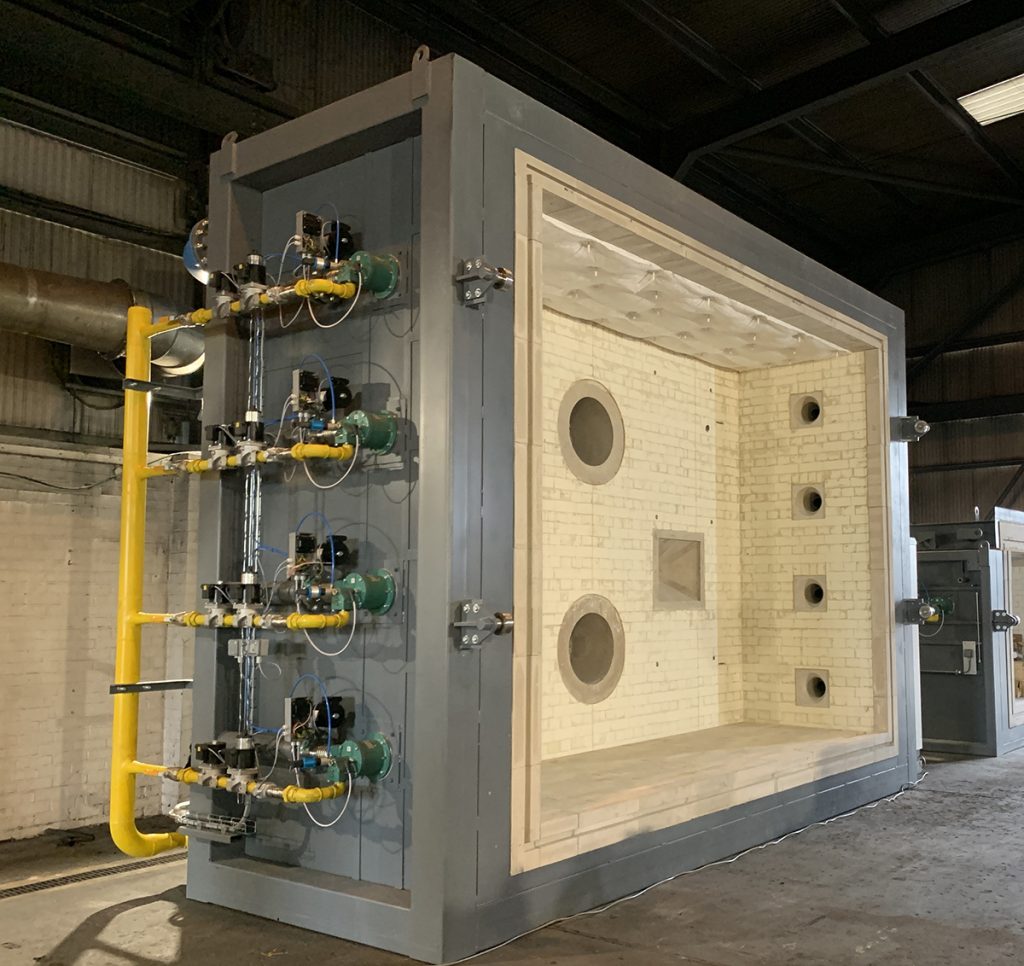Fire testing plays a critical role in ensuring the safety and resilience of modern buildings. Fire hazards, whether caused by electrical faults, flammable materials, or structural failures, can lead to rapid temperature escalation, compromising the integrity of key building components. Exposure to high heat can cause concrete to spall, steel to lose its load-bearing capacity, and insulation materials to deteriorate—potentially resulting in catastrophic collapse. Through standardized fire testing, engineers are able to simulate these extreme conditions in controlled environments, allowing for accurate assessment of how materials and assemblies behave under thermal stress. This information is vital for selecting appropriate fire-resistant materials, designing effective evacuation plans, and complying with national and international building codes. By understanding and mitigating the effects of fire on structural elements, we not only improve the durability of buildings but also significantly enhance occupant safety and emergency preparedness.
To support this critical area of research in Pakistan, NED University of Engineering & Technology has been developing its Fire Lab as a national-level facility for fire resistance testing. A major advancement was recently completed with the installation of high-performance thermal insulation in the Fire Lab’s furnace. This work was carried out by Associate Instruments Distributors Pvt. Ltd. (AIDL), using specialized refractory materials sourced from BTF, a renowned Belgian company known for manufacturing high-grade thermal and fire-resistant products.
Supplying European-Standard Materials for Local Research
BTF’s insulation materials are widely used in industrial furnaces, fire test rigs, and high-temperature environments across Europe. For the NED Fire Lab project, BTF supplied a complete insulation package designed to withstand sustained exposure to temperatures up to 1400–1550 °C, ensuring the furnace’s reliability and safety during rigorous fire resistance tests.
The multi-layer insulation system installed by AIDL includes:
- 2-inch Calcium Silicate Board
High alumina content, rated up to 1400 °C, serving as the structural inner lining of the furnace - 2-inch Ceramic Fiber Blanket
Lightweight, flexible insulation layer to reduce thermal conductivity and heat loss - Refractory Mortar Cement (1550 °C rated)
High-temperature bonding agent ensuring air-tight joints and structural cohesion - 1.5-inch Ceramic Rock Wool Pad
Added as an external insulation buffer to stabilize outer surface temperatures and improve fire containment
This combination of materials allows the furnace to maintain a consistent and controlled internal environment for long-duration fire tests—mimicking real fire scenarios as per international standards like ISO 834.
Impact on Research and IndustryYour Attractive Heading
The upgraded fire testing furnace at NED University’s Fire Lab marks a significant leap forward for both academic research and industrial safety standards in Pakistan. By enabling precise, standardized fire resistance testing of construction materials and structural assemblies, the lab can now produce critical data tailored to local building practices and environmental conditions. This empowers researchers to study how indigenous or commonly used materials perform under high temperatures, offering evidence-based insights that were previously unavailable due to the lack of dedicated facilities. For the construction and manufacturing industries, the lab’s capabilities translate into greater confidence in product certification, more informed material selection, and improved compliance with international safety regulations. Additionally, by creating a local testing alternative to costly overseas assessments, the lab promotes cost-effective innovation while raising the overall standard of fire safety across the country’s infrastructure projects. In the long term, this collaboration between academia and industry not only drives technological progress but also strengthens public safety and resilience against fire-related disasters.
Looking Forward
As urbanization and vertical development accelerate in Pakistan, so too does the importance of fire safety engineering. The collaboration between BTF, AIDL, and NED University represents a meaningful investment in safer infrastructure, evidence-based design, and technical education. By empowering local researchers with international-grade tools, the Fire Lab positions itself as a key player in shaping the future of fire safety in the region.
